Veolia Reveals 2024 Water Savings and Emission Reduction for Its Clients in Cities and Industries Across Asia
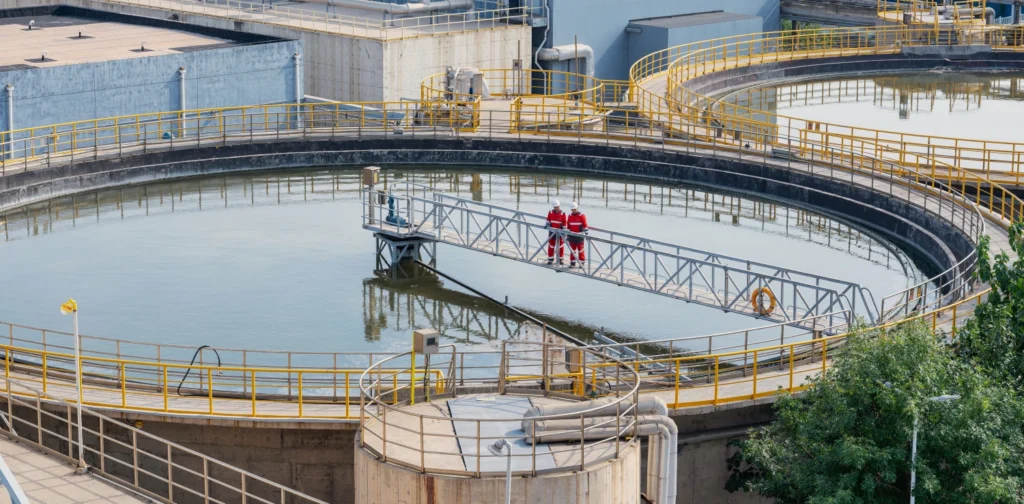
Photo: Veolia.
Veolia group aims to become the benchmark company for ecological transformation. Present on five continents with 215,000 employees, the Group designs and deploys useful, practical solutions for the management of water, waste and energy that are contributing to a radical turnaround of the current situation. Through its three complementary activities, Veolia helps to develop access to resources, to preserve available resources and to renew them.
Veolia in 2024
In 2024, the Veolia group provided 111 million inhabitants with drinking water and 98 million with sanitation, produced 42 million megawatt hours of energy and treated 65 million tonnes of waste.
Furthermore, the Group has released data showcasing its contributions to building a sustainable future across Asia. In 2024 alone, Veolia conserved 108 million m3 of freshwater in Asia through water reuse, desalination, and leakage reduction initiatives, enough to cover the daily water needs of over 2 million people in Asia for an entire year.
Beyond water savings, Veolia also reduced over 2.8 million tons of CO2 equivalent emissions (Scope 4) for its clients in the region, contributing to the environmental targets set by countries such as China (Dual Carbon Goal), South Korea (Carbon Neutrality and Green Growth), and Singapore (Green Plan 2030).
GreenUp Strategic Program
This performance in Asia is further bolstered by Veolia’s global GreenUp strategic program, launched in 2024. GreenUp is designed to accelerate the deployment of concrete environmental solutions and stimulate innovation, ultimately reducing carbon footprints, mitigating pollution, and regenerating vital natural resources.
Highlights of the GreenUp Impact in Asia:
- China: Veolia is helping industrial clients conserve freshwater through advanced water treatment technologies. A notable example is the 65% water reuse rate achieved for Hubei Jinkong Gas’s ammonia alcohol technology upgrading project, as well as a 30% water reuse rate for Tianjin Soda’s chemical production facility.
- South Korea: Veolia is advancing the decarbonization efforts of industrial clients, including a substantial 45% CO₂ reduction target at Samyang Food’s Wonju facility, directly supporting Samyang’s global roadmap for a 30% emissions reduction by 2030.
- India: Veolia deployed its patented carbon capture technology at a plant supporting the National Thermal Power Corporation’s efforts to develop low-carbon-intensity thermal power plants.
- Industrial and Hazardous Waste Management: Veolia operates 30 hazardous waste treatment facilities across Asia, safely disposing of 1.2 million tonnes of hazardous waste annually in Greater China, Japan, South Korea, Singapore, and India.
Ecological Transformation as Responsibility
“At Veolia, ecological transformation is our responsibility. We work to shift production and consumption patterns so economic growth aligns with environmental goals. With 30 years in Asia and operations in 50 countries, we help cities and industries cut emissions, preserve resources, and build resilience,” says Christophe Maquet, Veolia Senior Executive Vice-President, Asia Pacific.
“Our 2024 results reflect strong local partnerships and a clear focus on impact, guided by our GreenUp strategy. Looking ahead, we strive to continue advancing innovation, strengthening collaboration, and driving sustainable progress in the region.”
Editor: Nazalea Kusuma

Co-create positive impact for people and the planet.
Amidst today’s increasingly complex global challenges, equipping yourself, team, and communities with interdisciplinary and cross-sectoral insights on sustainability-related issues and sustainable development is no longer optional — it is a strategic necessity to stay ahead and stay relevant.
Veolia
Veolia group aims to become the benchmark company for ecological transformation. Present on five continents with 215,000 employees, Veolia designs and deploys useful, practical solutions for the management of water, waste, and energy.


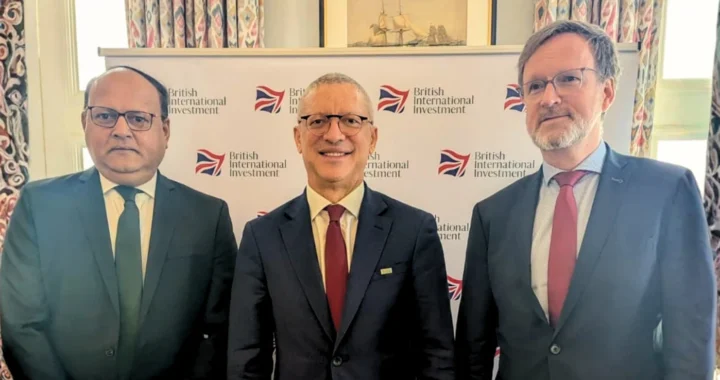 British International Investment Achieves Over £300 Million for Climate Finance Across Southeast Asia
British International Investment Achieves Over £300 Million for Climate Finance Across Southeast Asia 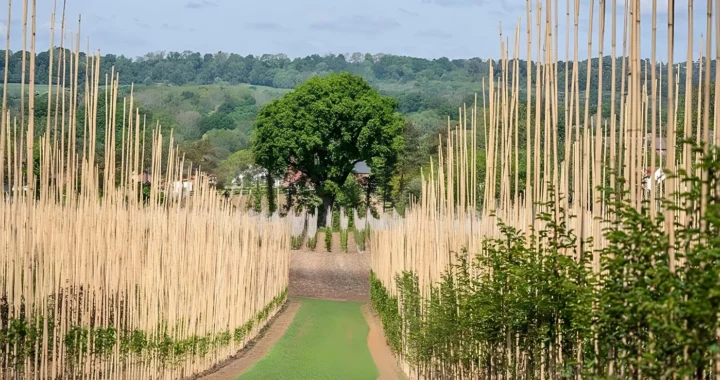 Campaigners Warn the UK Government of Failing on Trees and Woodland to be Lost in North Yorkshire Harrogate Factory Expansion
Campaigners Warn the UK Government of Failing on Trees and Woodland to be Lost in North Yorkshire Harrogate Factory Expansion 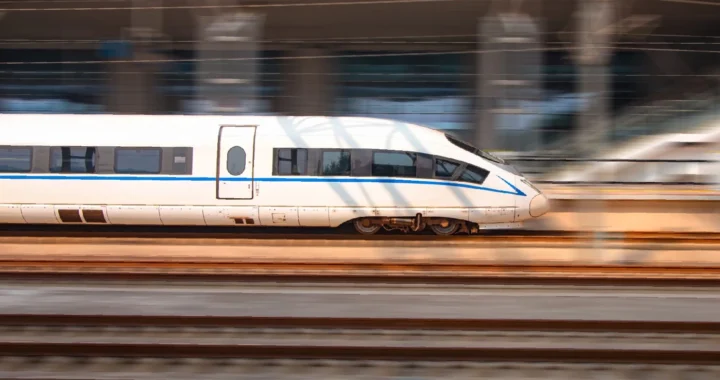 CUHK Study: High-Speed Rail Network Supercharges EV Adoption in China
CUHK Study: High-Speed Rail Network Supercharges EV Adoption in China 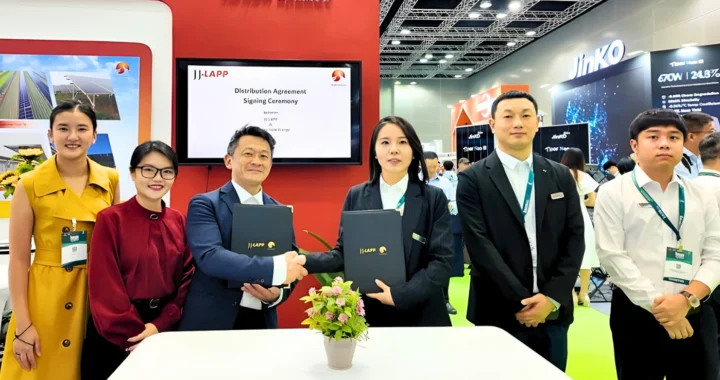 JJ-LAPP and Tonking New Energy Sign Distribution Agreement to Expand Floating Solar Solutions Across Southeast Asia
JJ-LAPP and Tonking New Energy Sign Distribution Agreement to Expand Floating Solar Solutions Across Southeast Asia 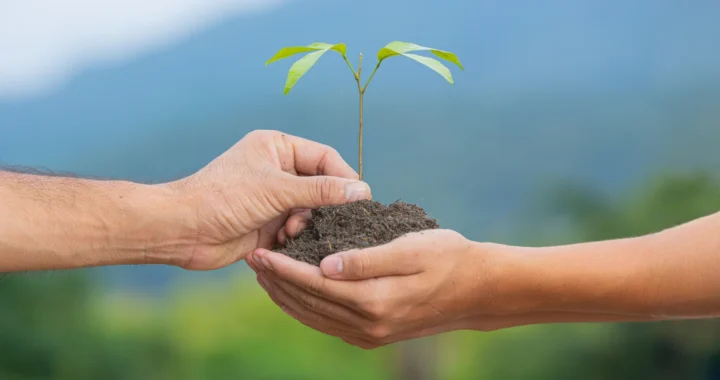 Asia’s First Climate Philanthropy Advisory Launches to Accelerate Regional Giving
Asia’s First Climate Philanthropy Advisory Launches to Accelerate Regional Giving 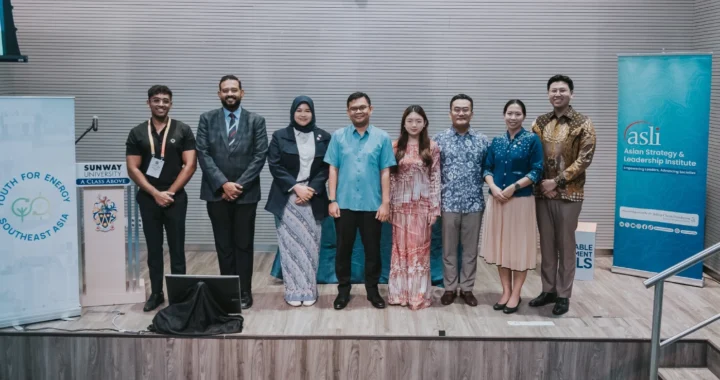 SAYEF 2025: Empowering the Next Generation with Youth Declaration on Energy and Climate Action
SAYEF 2025: Empowering the Next Generation with Youth Declaration on Energy and Climate Action